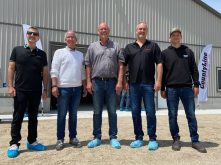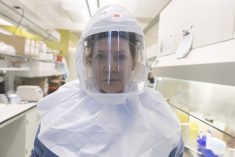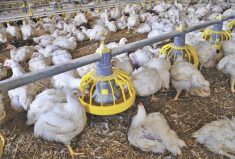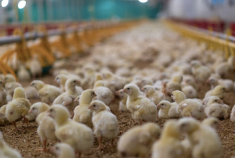Artificial intelligence is helping sex broiler chicks at hatcheries in Quebec.
The hatcheries have been implementing WingScan technology by U.S.-based Targan. The technology uses AI to recognize chick wings, a task that has had to be done manually, typically by temporary foreign workers.
Why it matters: The technology improves sexing accuracy and animal welfare.
Read Also
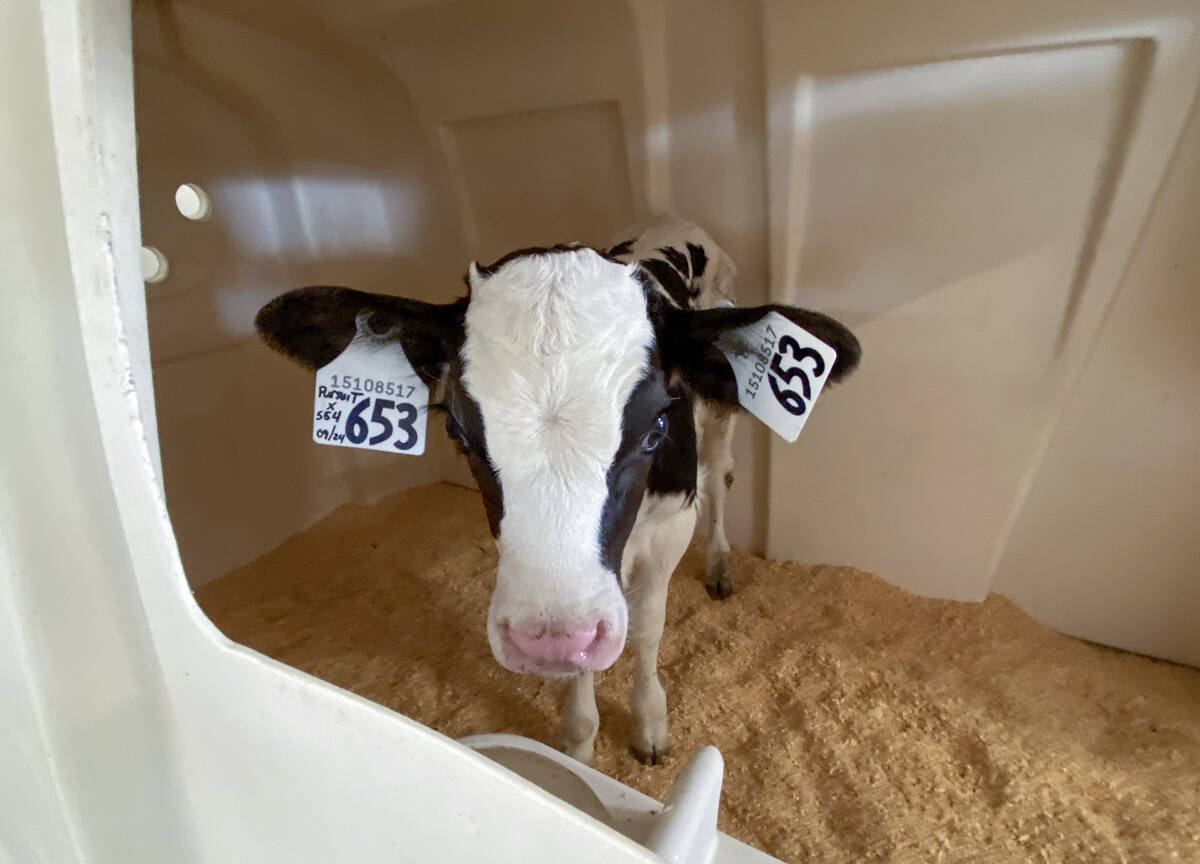
Lactanet turns methane expertise into business opportunity
Lactanet’s new fee-for-service breeding tool initiative to reduce greenhouse gas emissions in Canadian and Swiss Holstein herds will launch in April 2026.
Sexing chicks is important since processors want to have males and females separated due to higher weight for males.
The WingSpan makes this task much more precise, and improves animal welfare since the chicks can be sorted much more quickly and without human intervention.
“When the chick comes out of the hatcher, we want it on the farm as quickly as possible. So, this allows us to do the work with greater precision. The two big advantages are really precision and speed,” said Jean-Guy Robillard, general manager of Boire et Frères hatchery in Wickham, Centre-du-Québec.
The accuracy rate is now 98 per cent higher than manual sexing, he said, and now the only manual sexing that remains is strictly for quality control.
Previously, the hatchery processed 70,000 birds per hour. With the new technology, the company processes 110,000 bird per hour, and could even increase to 160,000, said Robillard.
“This way, we are able to meet the needs of our customers and have stability in our production,” he said.
Since last summer, almost all hatcheries in Quebec have been installing automated chick sexing, according Marie-Claude Durand, communications manager of Couvoiriers du Québec, the province’s hatchery association. The Ramsay Hatchery in Saint-Félix-de-Valois in Lanaudière was the first to install the Wingspan, followed by Boire et Frère Hatchery.
At the Sollio Hatchery in Victoriaville, the equipment went into operation at the end of November, while the installation at the Côté Hatchery in Ange-Gardien, also owned by Sollio, is under consideration. As for Scott Hatchery, its general manager, Sébastien Morin, indicated that “our equipment will be installed at the end of 2025 at the same time as our complete modernization, we hope to have everything up and running by December.”
“The Canadian market has been proactive in adopting this technology, as automated feather sexing streamlines operations and helps address various challenges,” said Carlos Bautista, director of marketing at Targan.
According to Jean-Guy Robillard, Targan was a pioneer in developing this technology, which is very effective. It has quickly carved out a place for itself in North America and around the world. A French company, Ceva, also offers similar technology. According to Jean-Guy Robillard, these are the only two technologies currently available for sexing broiler chicken chicks.






